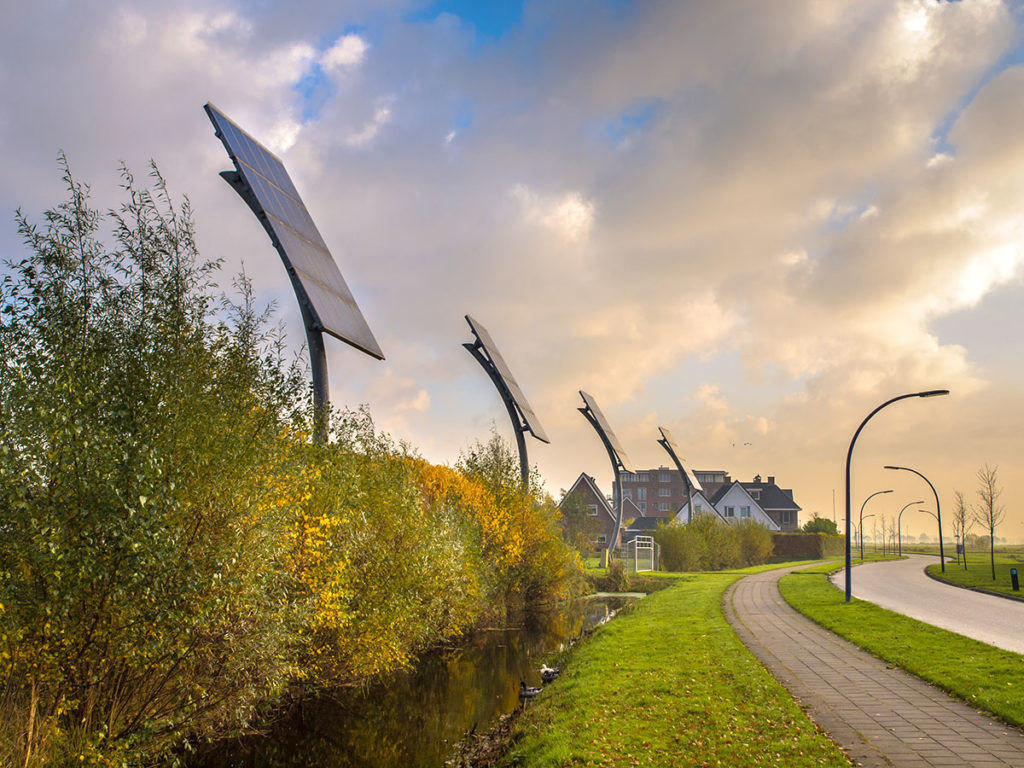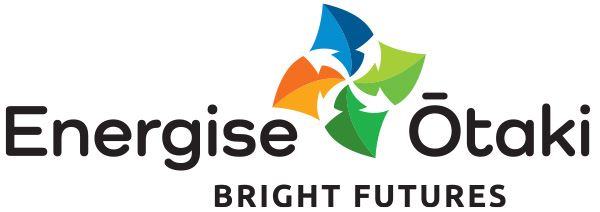A healthy, growing community energy sector supports communities to take ownership of assets that provide renewable generation, operation, and demand management services.
This allows each community to:
- Eliminate energy hardship by providing high engagement in energy generation and use. This engagement provides opportunities to develop retrofit projects that are focussed on making homes efficient and healthy.
- Increase their environmental, social, and economic resilience. This approach makes the community the leader and should lead to substantially greater energy autonomy and resilience. Done well, community energy will reduce future electricity demand and peak loads. This also means that the Network organisation can defer asset investment. Resilience will become more important when responding to greater impacts of adverse weather events caused by climate change.
- Contribute to Government efforts to transition to a low carbon economy through improving the energy efficiency of homes and reducing national usage of fossil fuels. This is critical for the electrification of transport as well.
- Provide opportunities for community members to develop trades skills and employment – both in energy generation, storage, demand management, and healthy home retrofits.
Why is collecting this data important?
This dataset provides insight to the scope and nature, barriers and opportunities in the local and community energy sector in Aotearoa New Zealand. To successfully transition to a low carbon economy, it is critically important to understand the contribution of decentralised energy initiatives being developed or already underway.
What is the New Zealand Aotearoa Community Energy Dataset (NZACED)
This is a dataset of local or community-owned renewable energy initiatives in New Zealand. It ranges from consumer trust-owned networks to community and Iwi owned renewable energy and energy efficiency projects. To provide some context for the current state of the sector, we’ve included a full range of projects including those that are currently on hold or have not been successful, through to early feasibility and fully operational projects.
In some large trusts, community or individual participation may be theoretically possible but is not common. Other projects in the dataset are run by volunteers with comparatively small outputs. All meet the broad criteria of community investment and control, but might not be what some assume ‘community’ to mean.
Data provided by:





